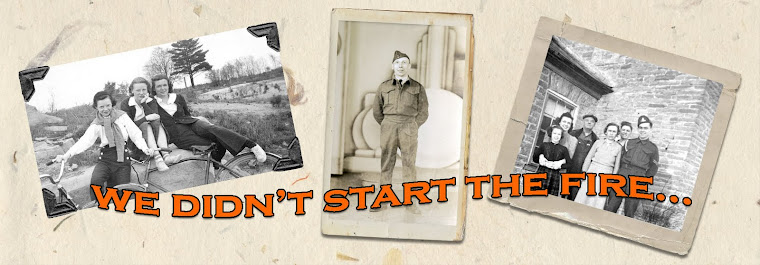Some of the highlights of this exercise were image generators, YouTube, Flickr, and podcasts and I use them in my professional and personal life. In the new year I will be updating the Our Ontario/Whitby Archives Flickr account and I am using Bloglines to stay current with the programs of other libraries and archives.
 What I'm taking away from all the things I've learned is that it is important to stay on top of popular technological trends, especially when you work in a public institution like a library, museum, or archives. In order to remain relevant in a world that is constantly advancing and moving ahead, these institutions need to be able to provide services that make sense to patrons. We need to be able to reach out to patrons and offer them 'things' that are current and relate to their dynamic lifestyles. Otherwise, you'll wake up and realize you're still using a TYPEWRITER!
What I'm taking away from all the things I've learned is that it is important to stay on top of popular technological trends, especially when you work in a public institution like a library, museum, or archives. In order to remain relevant in a world that is constantly advancing and moving ahead, these institutions need to be able to provide services that make sense to patrons. We need to be able to reach out to patrons and offer them 'things' that are current and relate to their dynamic lifestyles. Otherwise, you'll wake up and realize you're still using a TYPEWRITER!Thanks to everyone who helped to create and promote the Whitby Public Library 25 Things. It was well worth it!



